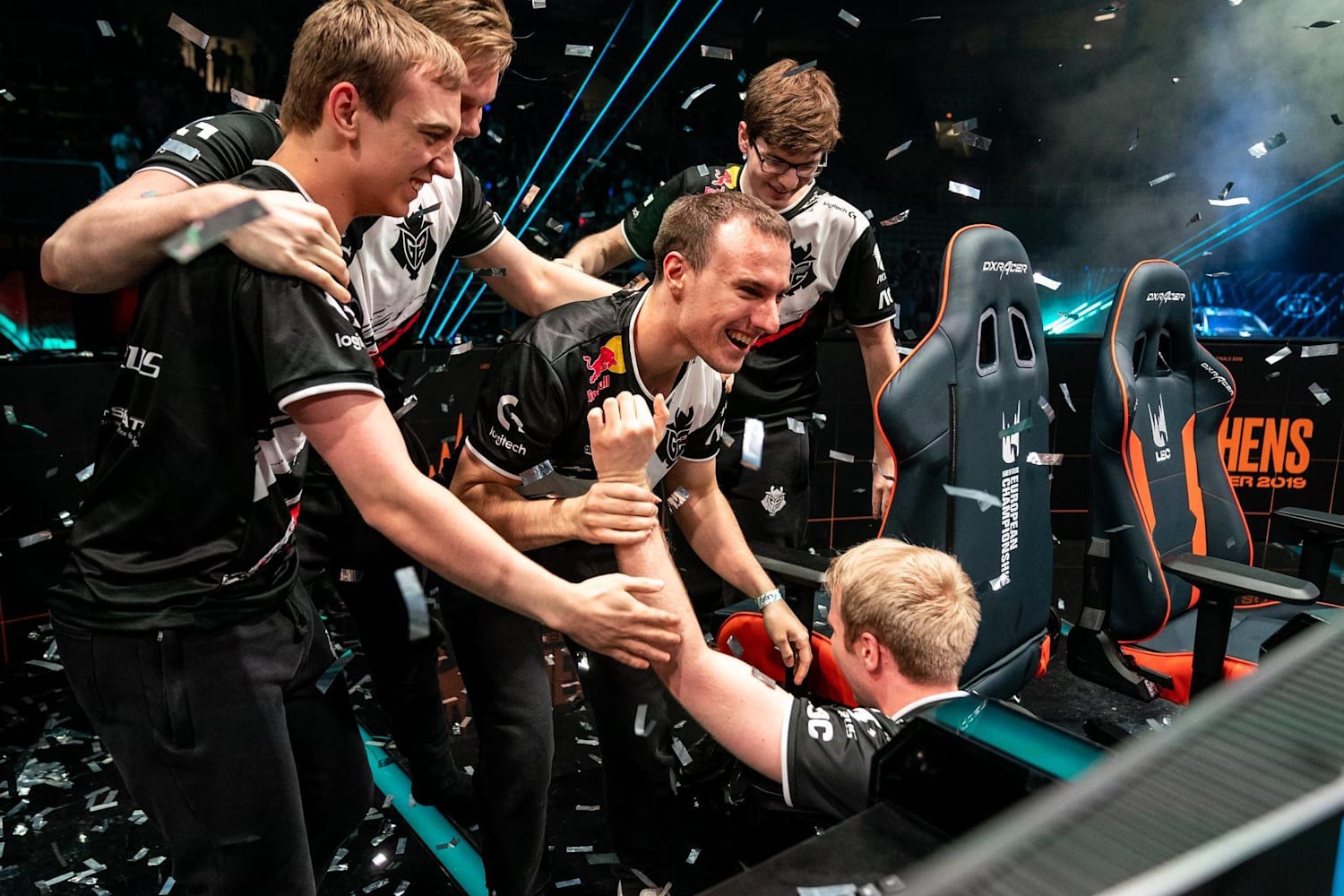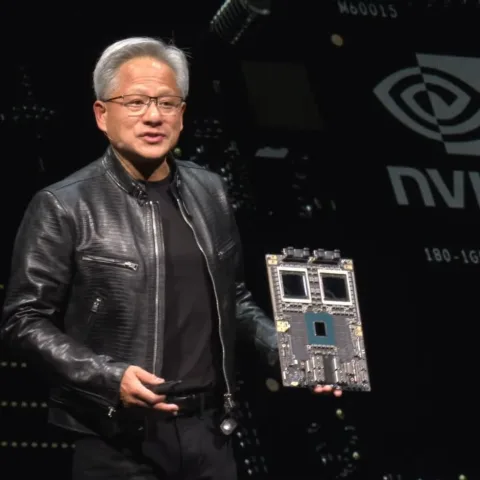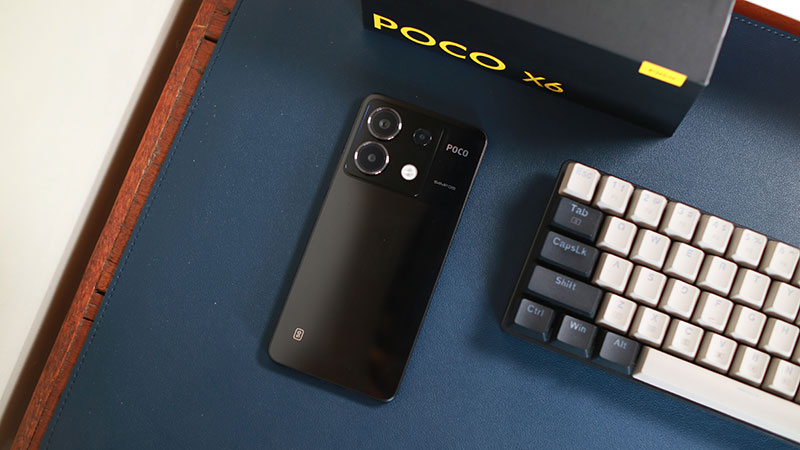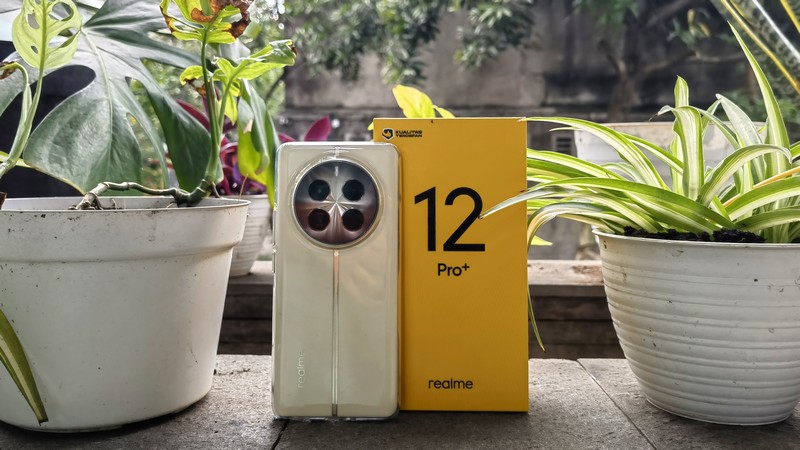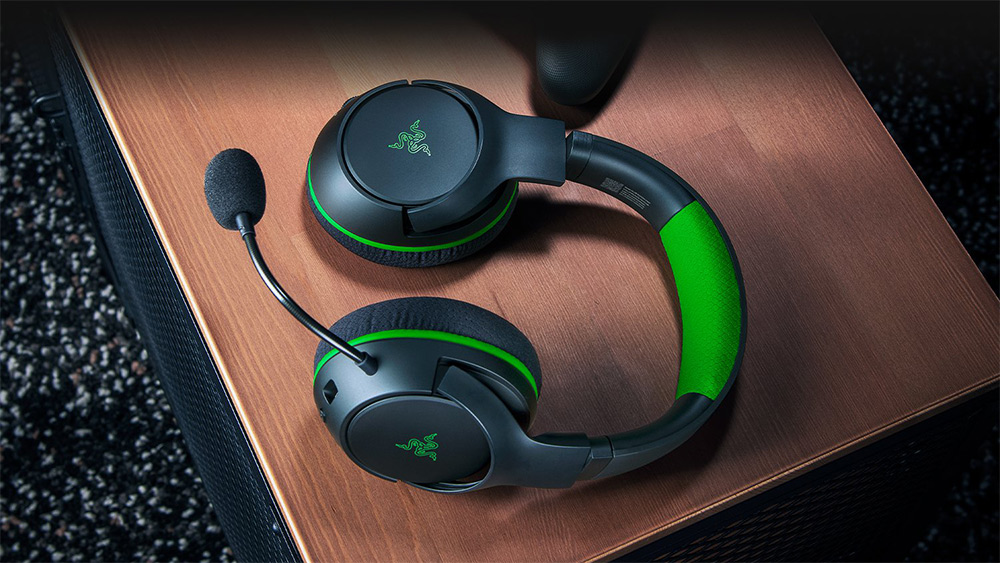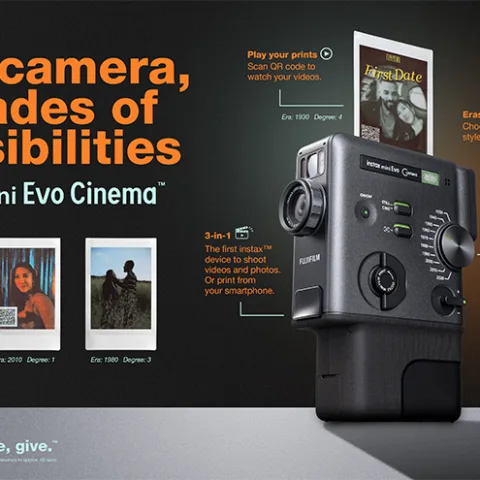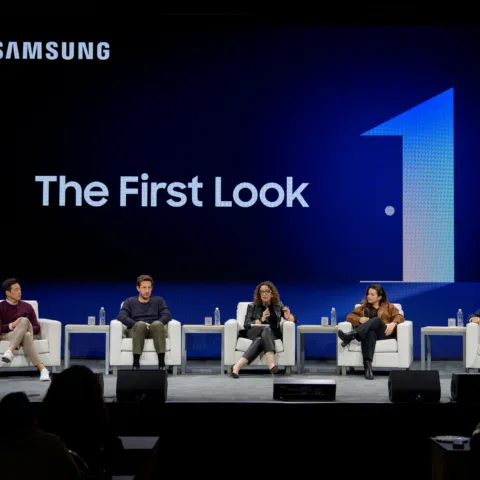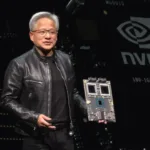For you who like to consume gaming content may have heard or seen the term “Clutch Moment”. Roughly interpreted, a clutch moment is an extraordinary event that can unexpectedly occur in a game. In the FPS game, for example, the 1vs5 moment was won by the one player. Or if in a MOBA game, stealing a large objective monster like Lord, Roshan/Aegis, or Baron alone, can be called a clutch moment.
How could that happen? Some say the clutch moment is just luck. That opinion may not be wrong, but that does not mean it is completely correct. Even though the term clutch moment is often circulating in the gaming community, this phenomenon and the term actually started from a sports competition. Because the clutch concept has been around for a long time, so many researchers are trying to explain why an athlete can sometimes move or react more than a normal human being, in a pinched state.
Let’s discuss more deeply about the clutch moment, starting from the meaning of the word, how this phenomenon occurs in sports and esports, to the debate in determining the clutch moment.
What Is Clutch Moment
In terms of language, the Merriam-Webster dictionary defines the word “clutch” in several ways. The most important meaning is to hold something in hand, or by pinching it firmly, tightly, or suddenly. But that’s not what we’re looking for. The Merriam-Webster Dictionary also defines a clutch as successfully doing something in a crucial situation.
In esports, one of the most familiar moments for Indonesian esports audiences is probably the bright moments in Dota 2. Do you remember the origin of the words “patience from Zhou”? This moment is quite old because it happened in Dota 2 The International 2012, during Navi’s match against IG.
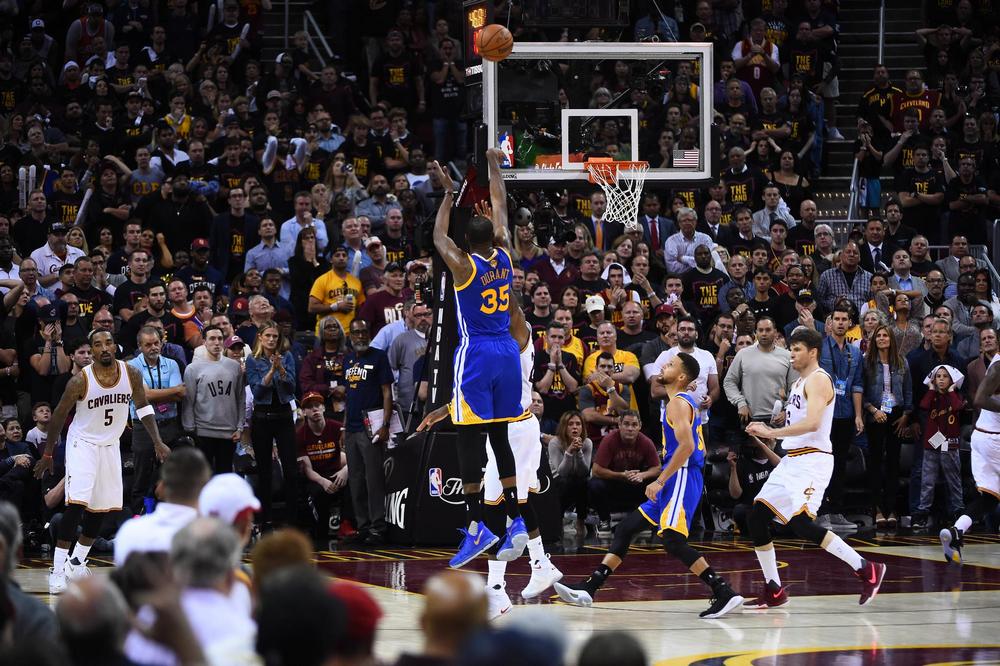
At minute 17, IG tried to do a smoke gank towards Dendi and his friends who were hanging out on Lower Lane. Zhou, an IG player, managed to capture five Navi players. They were made motionless, all the heroes of the Navi team could not move, fell asleep because they were hit by the Song of the Siren. Normally, this fight should be won by IG, right? They just need to prepare their position and use all their skills to destroy the Hero from the Navi team.
Unfortunately, it wasn’t the case. In a state of turmoil, Faith was too hasty to let Ravage go. Dendi and LightofHeaven take the situation. Dendi and Rubick fled using Force Staff, LightofHeaven and Enigma used BKB and took out a Black Hole to catch 3 IG players. Dendi, who is released from the chaos, steals Ravage and uses it to destroy the IG team hero. As a result, Navi survived, while IG wasn’t.
Was this phenomenon called clutch moment? Or just luck? One thing for sure, do not equate The International stage with your experience when playing MMR. In this situation, the pressure came from various sides, whether it was the fear of defeat, the nervousness of competing on a grand stage, the noise of the audience, and various other factors, affecting the player’s mind.
Although, when you think about it logically, what Dendi and LightofHeaven did was actually easy. Just pressed BKB quickly, then hit Dark Hole. Dendi was also facing out when the turmoil occurred. So, he just hastily presses Force Staff, uses Spell Steal on Tidehunter, then Ravage.
https://youtu.be/Yot0UNsQh3I
But under such stressful circumstances, logic seems invalid, making easy tasks unthinkable. Do not believe it? Just look at the IG team. As professional players, they should be responsive to the smallest information. But in fact, IG might forget that there are BKB, Force Staff, and their positions are too tight which makes it an easy target for the Dark Hole.
Turning to the fighting game scene, one of the most iconic clutch moments of all time is Evo Moment #37, which is also called the Daigo Parry moment. That moment occurred in the Semi-Final round of the Street Fighter III: 3rd Strike tournament at EVO 2004. The match brought together Daigo Umehara and Justin Wong, two players who are often considered rivals by the community because they have different points of view in understanding Street Fighter.
At the moment of a decisive victory, Daigo was in a desperate need. The amount of Ken’s HP that he played was only a pixel. While on the other hand Justin Wong still has a lot of HP and a full Gauge Meter. Out of wits, Chun Li from Justin then issued “Super Art” to finish off Ken. Shouldn’t Ken from Daigo lose? Daigo’s HP is one pixel left, even if he deflects, Chun-Li’s attack damage still goes through, and Daigo loses.
But no, Daigo who was still 23 years old acted beyond normal humans. Daigo blocked the attack with Parry, which keeps the enemy’s attack damage unable to enter.
Doing one-time Parry in Street Fighter is difficult because Parry is not just holding back like Blocking. But, in a very desperate state, Daigo performed Parry FIFTEEN TIMES on Justin Wong’s movements perfectly, nullify all of Justin Wong’s Super Art damage.
Not only that, after Parry, Daigo counterattacked with a perfect combination of moves. Justin Wong’s Chun-Li was finally defeated. Thanks to this moment, Daigo Umehara qualified for the Final EVO 2004 for Street Fighter III: 3rd Strike.
From a sports point of view, since I don’t really follow football, the only clutch play I remember most came from American football. This moment occurred during the 2014 season. A rookie player named Odell Beckham Jr. (OBJ) from the New York Giants managed to surprise the audience thanks to his one-handed catch. Even though his condition is being closely guarded, even his shirt is pulled, which is a form of violation for defenders in American football.
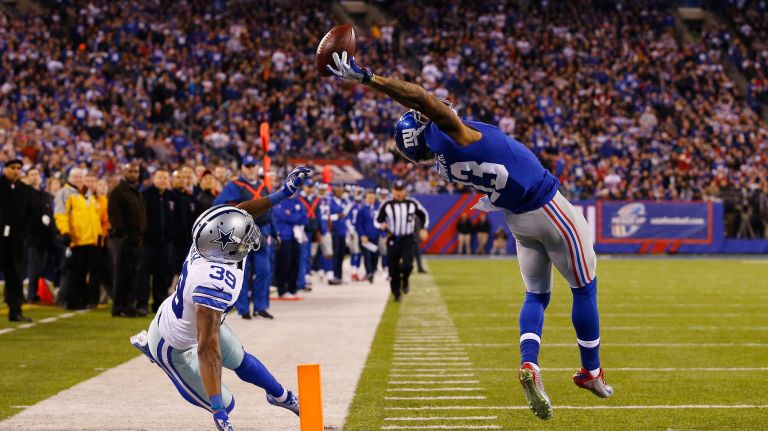
So, is it a clutch moment? It’s a little outrageous if you still have doubts about the one-handed catch moment. Why? First, catching a football ball standing still is difficult enough, especially if the throw is hard.
Second, catching the ball while running unattended is also difficult. Now, you just have to imagine, how difficult it is to catch the ball with two hands, in such tight guard as that moment. But interestingly, in a state of stress, OBJ acted beyond normal human reasoning, reached for the ball with one hand, caught it, and scored a Touchdown. Unfortunately, the New York Giants lost at the end of the match.
How the Clutch Moment in Esports Can Happen
Before we argue from external factors (whether it’s the opponent’s carelessness due to witchcraft or a breakup), we must see how a clutch moment can occur based on the athlete’s internal factors.
For this matter, I also discussed with Yohannes Paraloan Siagian, who was a Principal of SMA 1 PSKD, and also had the position of Vice President of EVOS Esports.
Prior to this article, I also had a conversation with “Mas Joey” when discussing the struggles of athletes from the perspective of esports psychology. When discussing the clutch play, Joey said that there are indeed many factors to determine whether a moment is a clutch or not. However, most of these other factors come from external, which we will discuss in the last subsection.
But one thing is for sure, there are at least three internal factors of an athlete/player that make this possible. The three factors are, confidence and mental toughness, the player’s skills, and the player’s experience.
Experience and skills, arguably come from cognitive abilities (reading situations, reasoning, logic, and processing information) and motor skills (moving the muscles of the hands, feet, fingers, or the body as a whole) of a player. Meanwhile, the mental toughness factor comes from a player’s psychological ability.
“Even though a clutch moment can be debated from the external side, the main component of the clutch in my opinion is confidence and knowledge of self. First of all, he was confident that he could win in a stressful situation. Second, that self-confidence comes from knowing his level of ability, and awareness of what he can do in the situation. So, in the clutch concept, oftentimes, who can show clutch performance is someone who feels that he is in control at some point in the match”, Joey explains about the clutch concept.
In terms of skills, one theory that could explain the clutch phenomenon might be the concept of Muscle Memory. I already explained this concept when discussing aiming tips in FPS games, the point is that the longer and more often you do repetitions of an activity, the more flexible your motor or body movements will be for these activities.
There is an interesting phenomenon that was explained by a neuroscientist from the Oxford University named Ainslie Johnstone in an article published in Medium.
She tells about the phenomenon of a patient named H.M, who suffered from amnesia and lost the ability to learn and create new memories. Interestingly, H.M still had the ability and was adept at drawing, even though he had these conditions. However, because of his condition, H.M could not remember that he had ever practised drawing and could not even remember what equipment he needed to draw. But when he was asked to draw with the drawing tool already in hand, he could draw almost unconsciously and automatically.
From Joey’s explanation and the Muscle Memory phenomenon, it becomes increasingly clear how the clutch moment can occur. When talking about skills and experience, Joey also emphasized that these two things were created through continuous repetition or repetition of one activity.
This is the reason why training for an athlete or esports player is in the form of repetition. An esports player can play for 8 hours a day, only to repeat the same things. Dota 2 players may have spent hundreds, thousands, maybe hundreds of thousands of hours just playing on the same map and facing various kinds of hero combinations. Likewise, with CS: GO players, who have probably faced the same long hallway hundreds of thousands of times in De_Dust2 and also with Street Fighter players like Daigo Umehara, who has issued a Hadouken command hundreds of thousands of times.
This repetition makes the clutch moment sometimes could not be explained by the player himself. My colleagues, fellow esports journalists, are probably the ones who understand the conditions of esports players best. Usually, when we ask questions about what is on a player’s mind during the clutch moment, sometimes esports players can only answer with one word… Reflex.
If we base on the Muscle Memory concept, that is not the wrong answer. After hundreds, thousands, even millions of repetitions, the clutch moment that we think is complicated, can be done almost automatically by the player, even it feels like a reflex.
Coming back to Sports, this also explains why OBJ, the rookie player of the New York Giants, could catch with one hand in a pinch.
He told that he had deliberately included the catch of one hand in the exercise and the warm-up he did. In fact, the one-handed catch was debated by the coaches of the American Football team, because it was considered too showy and useless. So, OBJ can do one-handed clutch catch because he is practising. If OBJ never once practised catching the ball with one hand, surely that Catch of the Year moment will never happen.
Okay, that was about muscle memory, skills, and experiences that a player or athlete has. The second factor comes from psychological factors, namely the mental toughness of the player. Mental matters are indeed important in competition, including esports. Ellavie Ichlasa Amalia, Hybrid Senior Writer, briefly discussed the mental burden of an esports athlete, and various ways to overcome it. Citing a statement from Mia Stellberg, Astralis team and OG psychologist, the article explains how stress can negatively impact the performance of esports players.
Interestingly, on the other hand, stress can actually have a positive impact on player performance. Linking stress, mental endurance, and the clutch phenomenon, there is one old theory to explain this. The theory is called the Yerkes-Dodson Law which was coined by two psychologists, Robert Yerkes and John Dillingham Dodson, through a study they conducted in 1908.
In this theory, they tested how the impact of pressure on rats’ ability to create a habit. They observed 40 mice who were instructed to choose between black or white boxes. The mouse that chooses the black box will be electrocuted, while the one that chooses the white box will be fine. The experimental mouse will be considered successful through the test if it succeeds in selecting the white box in 10 consecutive tests for 3 days.
From these experiments, it was found that if the stun black-box level is increased to a certain level, more mice will become more adept at choosing the white box. However, if the stunning level is too high or too low, the number of mice that select the white box will be less and less.
This research is often to be a basis for the explanation that a person’s work performance can improve if he is under a certain level of mental stress. So, using this theoretical basis, it is more or less explained why in a state of pressure, an athlete or esports player sometimes appears more brilliant.
In the esports scene, the best figure to be an example of this theory might be Andreas Hojsleth, a CS: GO Astralis team player who is better known by the nickname Xyp9x. This player may not be the type of star player like Coldzera, but in recent years he has become known as the Clutch Minister by the community. This nickname was given because of the Xyp9x’s consistently improved performance when the situation was under pressure.
Andres Bulme, one of the famous Shoutcasters in the CS: GO scene, gave his comment on Xyp9x. “We sometimes call him a robot. This is because he seems to always be able to provide solutions in stressful situations when there is very little time left, but many options are available that can be done.”, said Andres.
The Xyp9x phenomenon explains more or less how the Yerkes-Dodson Law works. It explains that it turns out that there are some esports players who actually shine when they are under pressure.
I also discussed with Joey regarding this Yerkes-Dodson Law.
Joey then explained, “it is true that the YD (Yerkes-Dodson) concept explains that the higher the pressure, the higher one’s performance. But you could say that is normal because the law of YD applies to everyone. Honestly, the majority of people just perform or work when there is pressure. Chased by a deadline for example, or like you who are being billed for an article by Mas Yabes,” he said jokingly.
“But when it comes to train athletes, I believe that YD has a point, but there’s an addition. The more we develop the athlete’s ability to cope with (mental) stress, the more external pressure he will receive. The more resilient he is, mentally, the more he can perform above optimally when under pressure; so he will be able to clutch more often.” Explained Joey, who has 20 years of experience as a sports training practitioner with a background in psychology, as well as experience in fostering and training youth athletes to become Indonesia’s representative at the national team level.
The Debate about Clutch Moments
As I had touched before, that clutch moment is often debated, especially by sports analysts. Rob Goldberg, sports journalist from BleacherReport, which is one of the top media’s sports in the United States, makes a bold statement that the clutch is actually a short-term memory product of the human brain among fans and analysts.
Why is that? Rob Goldberg does question the clutch from a sports analyst’s point of view and is trying to dig deeper into how one moment can impact the team’s overall outcome.
“For example, we talk about 1vs5 moments in the Valorant game. If it happens in round 1 when the score is still 0-0, is that a clutch? If it happens at 12-12, is it a clutch? If the score of the team with the one-person left is 0, then the enemy team with 5 remaining scores 8, is that a clutch? Lots of situations, conditions, and the timing too,” Joey explains from his point of view what a clutch moment is from a wider perspective.
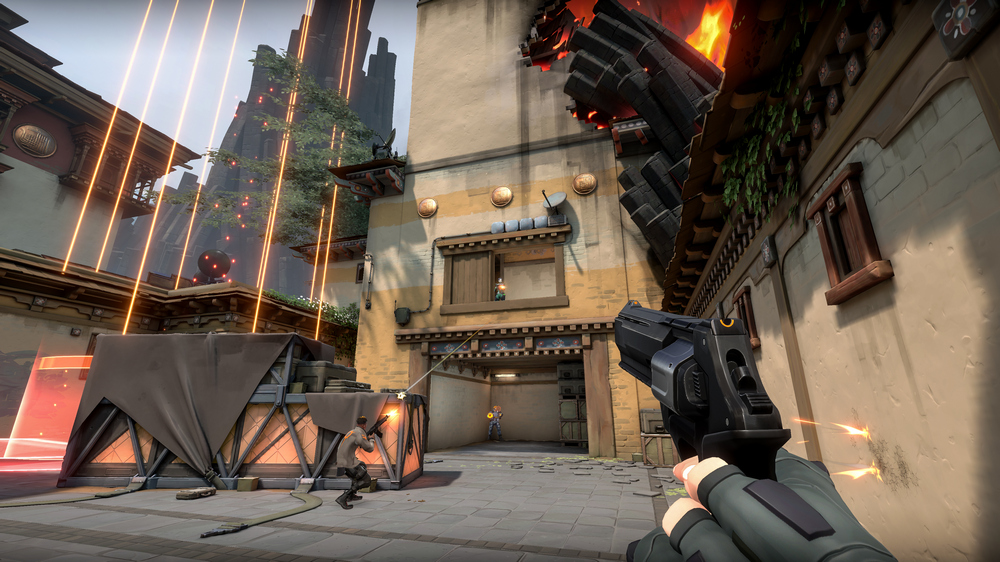
There may be a point. If we talk about FPS games, players who left alone will have a very difficult time facing a 1vs5 situation with the enemy coming from opposite angles simultaneously. Players who left alone with AR weapons can also win 1vs5 easily if the enemy is eco, and only has a gun. Players with Global Elite Rank can also win 1vs5 situations easily if the opponent is only Rank Silver.
But that doesn’t mean we have to forget the internal factors of the players themselves. The audience might feel that a 1vs5 FPS clutch game moment happened because of luck because players who face their enemies by himself one by one from an angle that they can win.
However, it could also because of that player really understands the map being played. With years of experience and repetition of a map, he knows, in a moment, which angle allows him to be superior to one enemy.
Not to mention about mental endurance and aiming abilities. If the players are not mentally strong, the player’s hand may already be shaking or weak, making the shot unstable. The commitment to target practice that he has been doing for years, so aiming at the enemy’s head area becomes as easy as whistling or riding a bicycle.
I myself think that indeed we can see the clutch moment from two points of view.
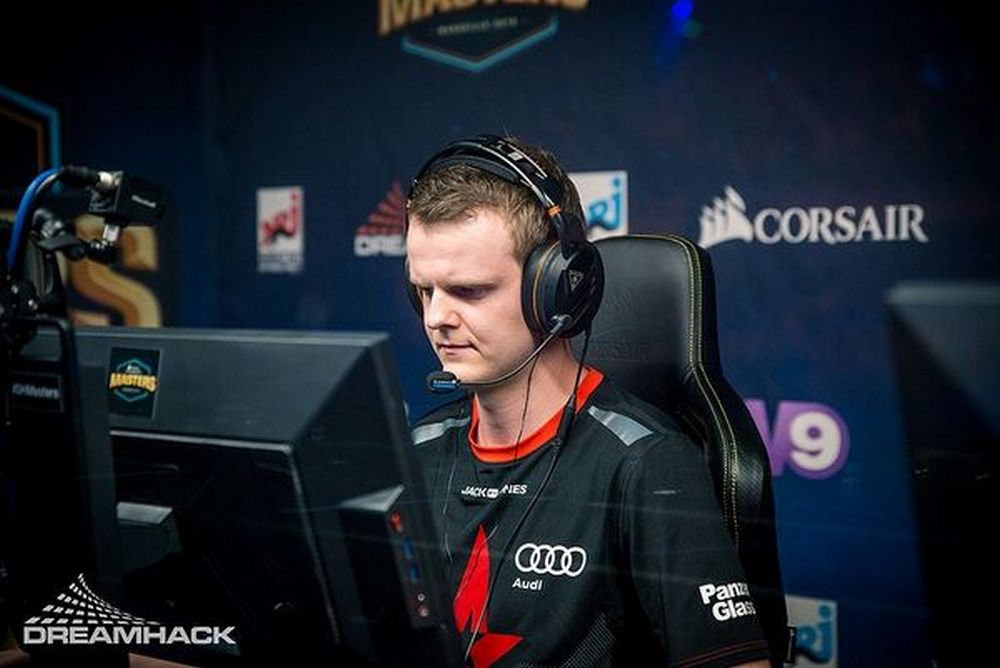
From a micro perspective, we are narrowing the clutch moment at one game at a time, and at that moment alone. Regardless of how that moment impacts the team, from a micro perspective, I still feel that the bright moments of an esports athlete can still be called a clutch. Why? Because these moments show the quality of the internal factors of an athlete. This brilliant moment is a testament to the esports athlete’s training, repetition, and mental resilience to pressure, so that he can appear extraordinary when under pressure.
The second point of view is from a macro point of view. From this point of view, we now question the clutch moment from external aspects. As discussed by Joey, if it turns out that you can win 1vs5 but your team loses, that moment may not be called a clutch because it doesn’t have an impact on the team as a whole.
–
In the end, the luck factor actually also has a role in a match. But after the luck factor, the internal factor of the esports player will still be the key to opening the clutch moment gate. However, the clutch moment will not occur if the player is not ready.
During the discussion, Joey closed the conversation with a quote from actor Samuel Goldwyn who said “The harder I work, the luckier I get.”
Feat Image via: Redbull

